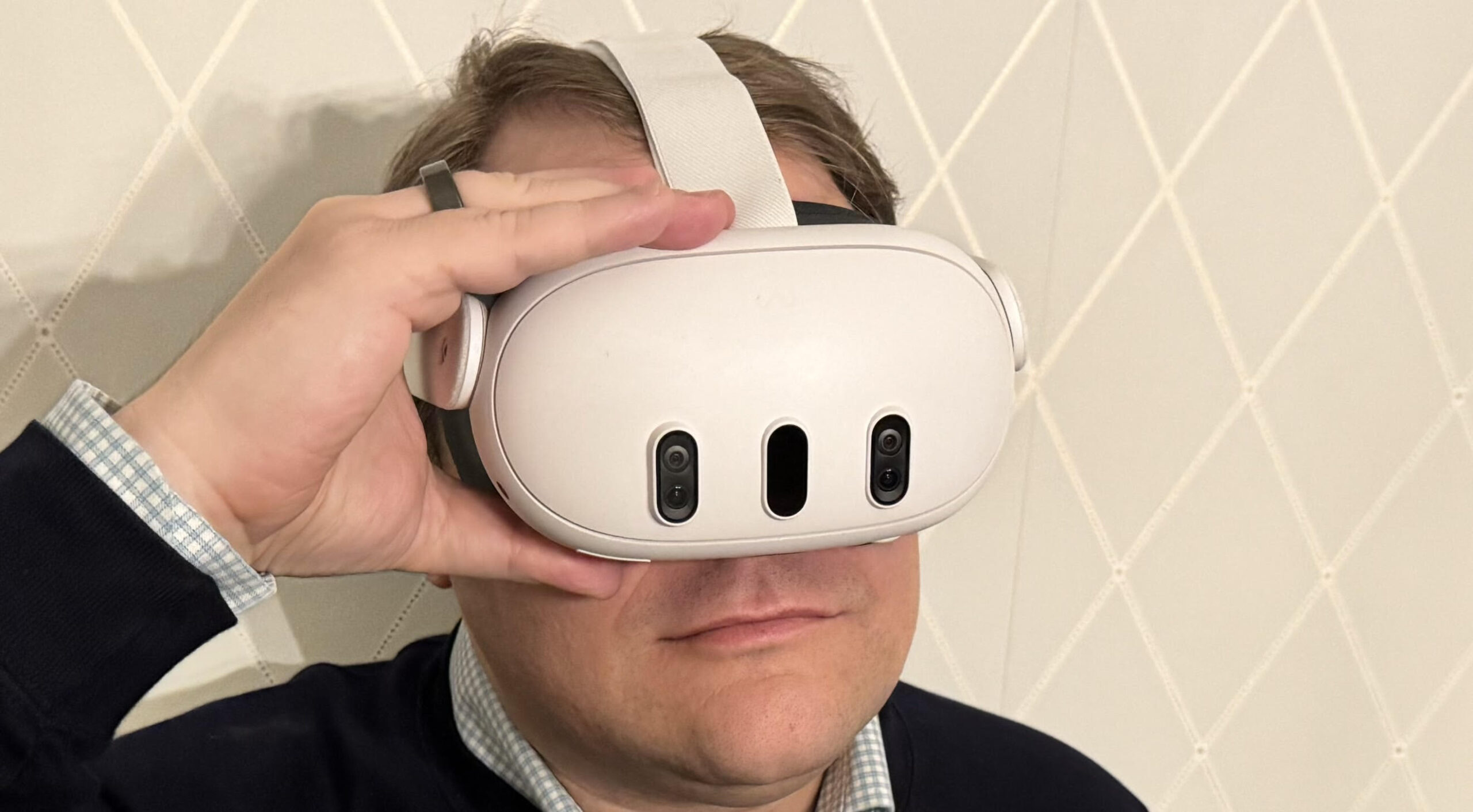The Federal Communications Commission on Thursday agreed to open up a spectrum band for some devices, a move that could pave the way for new uses for augmented reality and virtual reality wearables.
The agency voted unanimously to open up the 6 GHz band to what it calls a “new class of ultra-low-power devices” such as wearable technology.
According to a press release, the FCC expects to “stimulate an ecosystem of advanced applications, including wearable and augmented and virtual reality technologies, that will help businesses, enhance learning opportunities, It will advance healthcare, and bring new entertainment experiences.” deliverance
Meta welcomed the move, with Kevin Martin, vice president of policy for North America, saying in a statement that the vote was “a shining example of a government regulator working quickly with industry to build the future.”
The company sees the opening of the 6 GHz band as an important step in its vision for its smart glasses. This development means that future generations of these types of devices can perform even better when the user is outside of their home and away from a strong Wi-Fi connection.
The 6 GHz band has become critical to the future of wireless connectivity, Google’s hardware group, Pixel, said in a statement. Post in X, formerly known as Twitter. Today’s FCC vote is a win for Pixel users and American consumers, as this band will now be available for high-speed peer-to-peer WiFi communications.
The company describes peer-to-peer connectivity on its Android developer site as a way for devices
“Connect directly to each other over Wi-Fi without an intermediate access point,” which can be useful for multiplayer games and photo-sharing apps.
Apple also called the FCC’s decision a “positive step forward” in a statement on Thursday.
When the FCC asked for comments on opening up unlicensed use of the 6 GHz band in 2020, Apple, Broadcom, Meta and Google supported the agency’s acceptance of the proposal, saying they would “consider critical use cases as part of The ecosystem will enable next-generation 5G.”
In a written statement at the time, the companies said the creation of a class of very low-power devices (VLPs) that includes augmented reality and virtual reality devices, headsets and game controllers with access to the 6 GHz band will allow these devices to become more mobile It can work wirelessly and outside the home.
“Combined with low latency and high data rates, this capability supports critical new use cases, from training for life-saving surgeries to helping blind and partially sighted Americans,” the companies wrote at the time.
They also warned that not allowing more portable, outdoor use of AR/VR glasses would greatly reduce their utility for use cases such as “jogging or walking or next-generation fan experiences at sporting events.”
Subscribe to CNBC on YouTube.
Watch: What is Metaverse and why are billions of dollars spent on it?
#Meta #Apple #Google #cheering #FCCs #ruling #pave #applications
Image Source : www.cnbc.com

